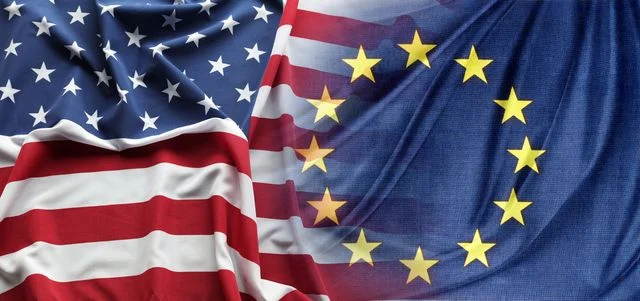On May 16, the U.S. Department of Homeland Security added 26 China-based textile companies to the Uyghur Forced Labor Prevention Act Entity List.
This is the largest single expansion of the Entity List. Goods produced by the named entities are restricted from entering the United States. The UFLPA established a presumption (rebuttable) that goods that are mined, produced or manufactured in the Xinjiang Uyghur Autonomous Region, or produced by entities on the UFLPA Entity List, are produced with forced labor and therefore prohibited from importation into the United States under the Tariff Act. The UFLPA, as well as compliance guidance published by the U.S. government, are discussed in detail in our earlier Alerts here and here.
According to DHS’ press release, the added entities include cotton traders and warehouse facilities in China, the majority of which operate outside of the XUAR but source cotton from that region. The addition of these entities to the UFLPA Entity List is intended to advance DHS' Textile Enforcement Plan, which prioritizes examination and review of entities in the textile sector for possible inclusion on the Entity List.
Quoting DHS Secretary Alejandro Mayorkas, the press release indicates “The Department of Homeland Security will not tolerate forced labor in our nation’s supply chains. Today's announcement strengthens our enforcement of the UFLPA and helps responsible companies conduct due diligence so that, together, we can keep the products of forced labor out of our country. We will continue to execute on our textile enforcement strategy …”
DHS Under Secretary for Policy Robert Silvers is quoted as well: “Companies must conduct due diligence and know where their products are coming from.” This is not a new requirement, but is reinforced by the expansion of the UFLPA Entity List and Customs and Border Protection’s enforcement of the UFLPA.
Since the UFLPA was signed by President Biden in December 2021, 65 entities have been added to the UFLPA Entity List. These include companies in the apparel, agriculture, polysilicon, plastics, chemicals, batteries, household appliances, electronics and food additives sectors, among others.
XUAR cotton has been a focus of DHS for several years. Prior to the implementation of the UFLPA, cotton from the XUAR was subject to a Customs and Border Protection Withhold Release Order. Cotton and cotton products were also designated as a high priority sector under the U.S. government’s Strategy to Prevent Importation of Goods Mined, Produced or Manufactured with Forced Labor in the People’s Republic of China.
Turning to Florida, a day earlier, on May 15, Governor Ron DeSantis signed into law HB (House Bill) 1331, which prohibits the state from contracting with companies for commodities produced, in whole or in part, by forced labor. Among other things, a member of senior management of a company seeking to provide commodities to the state must certify, in writing, that to the best of his or her knowledge the commodities have not been produced, in whole or in part, by forced labor. The Florida Department of Management Services is required to create and maintain a forced labor vendor list of companies that have been disqualified from public contracting. The list is required to be updated quarterly and publicly posted. The law takes effect on July 1.
HB 1331 was one of three bills signed by the Governor that day. The others deal with energy resources (HB 1645, discussed in our post here) and investments in Chinese securities by the State Board of Administration, which is responsible for investing Florida state, school district and local government assets (HB 7071). The Governor tweeted on X: “The legislation I signed today — HB 1645, HB 7071 and HB 1331 — will keep windmills off our beaches, gas in our tanks, and China out of our state.”
It’s not surprising that some Asia-based apparel retailers may view London as a better place to IPO.
About our practice
Ropes & Gray has a leading ESG, CSR and business and human rights compliance practice. We offer clients a comprehensive approach in these subject areas through a global team with members in the United States, Europe and Asia. Senior members of the practice have advised on these matters for more than 30 years, enabling us to provide a long-term perspective and depth and breadth of experience that few firms can match. For further information on the practice, click here.
Subscribe to Ropes & Gray Viewpoints by topic here.
Authors
Stay Up To Date with Ropes & Gray
Ropes & Gray attorneys provide timely analysis on legal developments, court decisions and changes in legislation and regulations.
Stay in the loop with all things Ropes & Gray, and find out more about our people, culture, initiatives and everything that’s happening.
We regularly notify our clients and contacts of significant legal developments, news, webinars and teleconferences that affect their industries.





